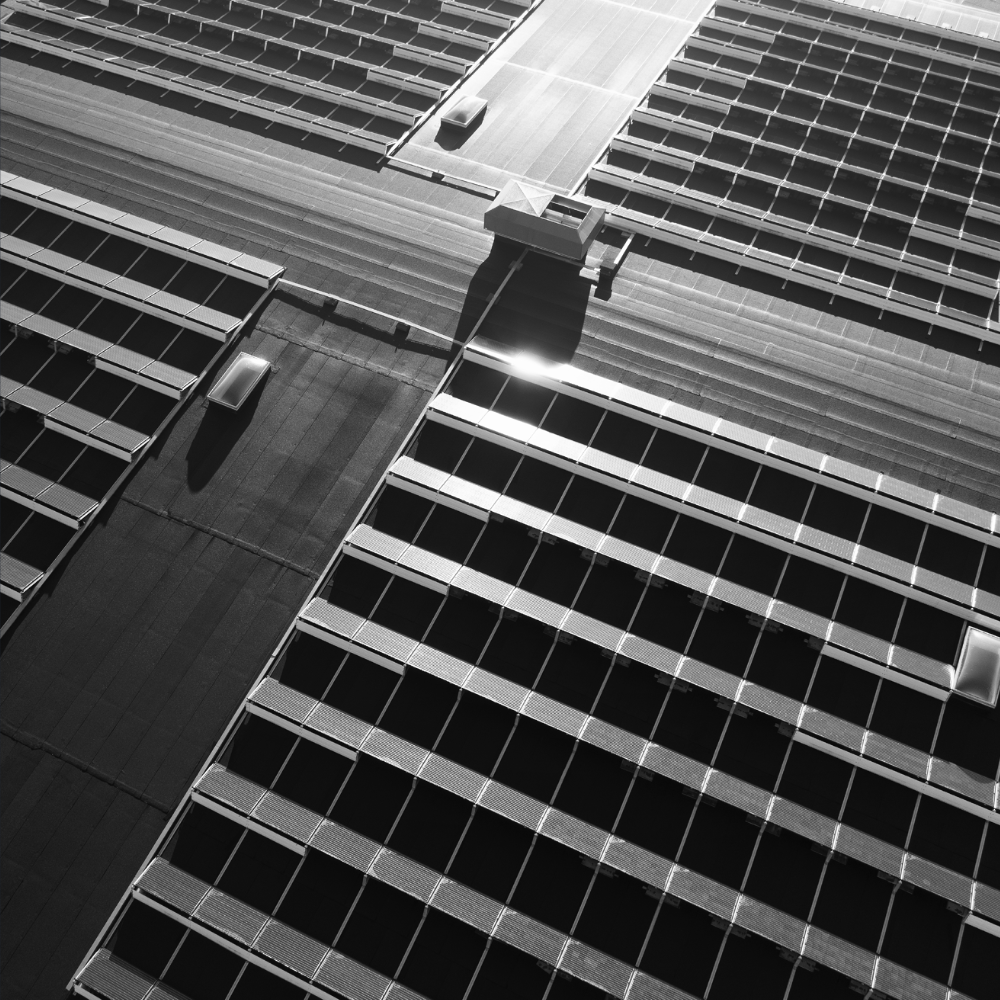
LMS

Core functions of an Load Management Systems:
Use Cases for Load Management Systems:
Load management systems are an essential part of modern charging infrastructure.
They enable efficient, cost-effective, and sustainable use of electric vehicles.
We are happy to support you in this area as well!
Feel free to contact us — we’ll gladly arrange a personal consultation tailored to your needs.
Find out more about our component and energy solutions